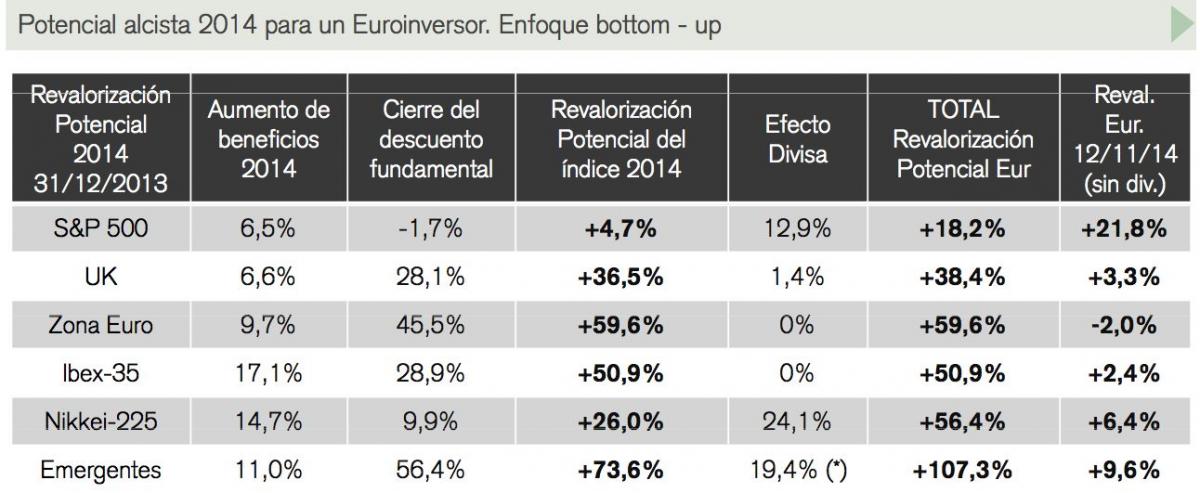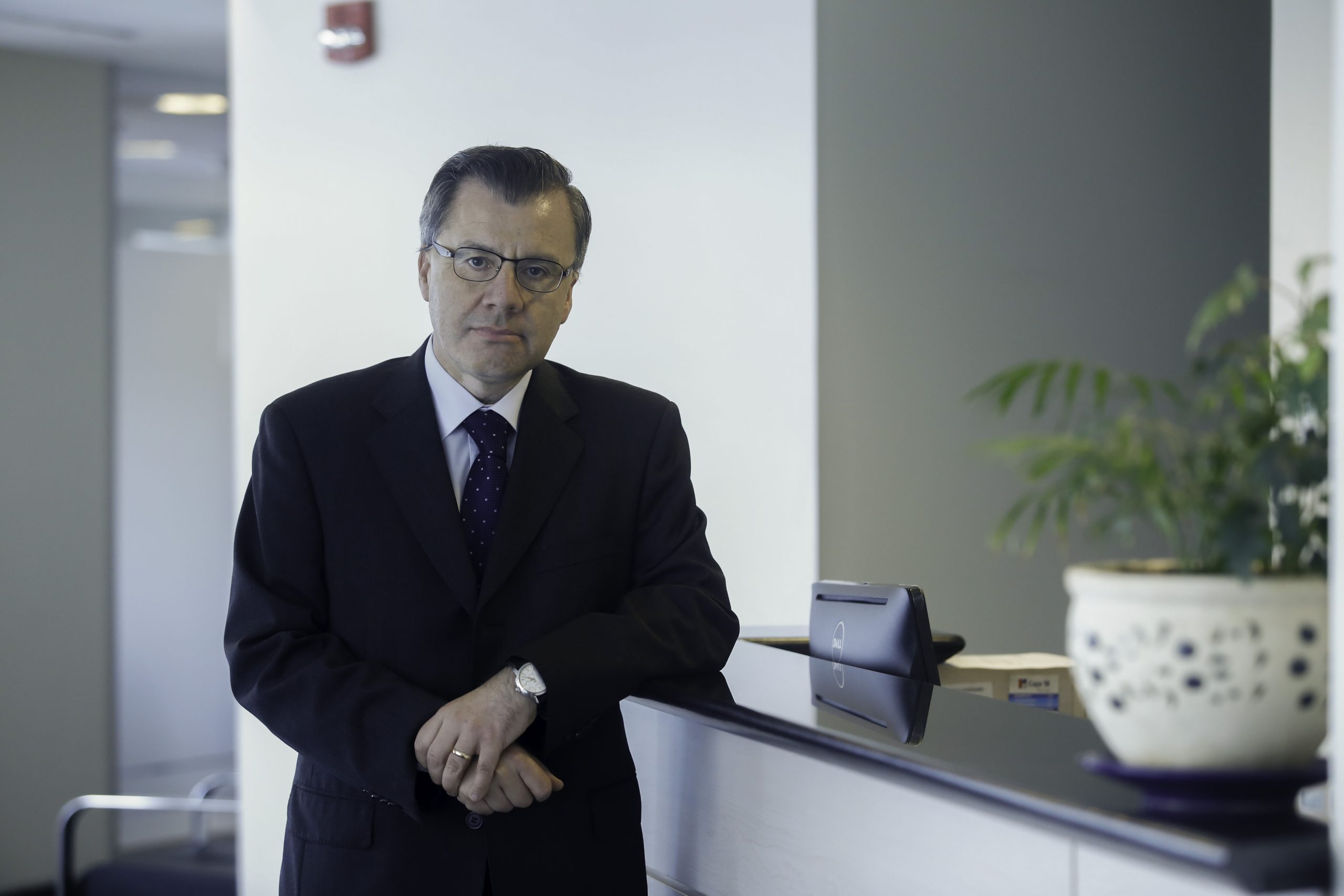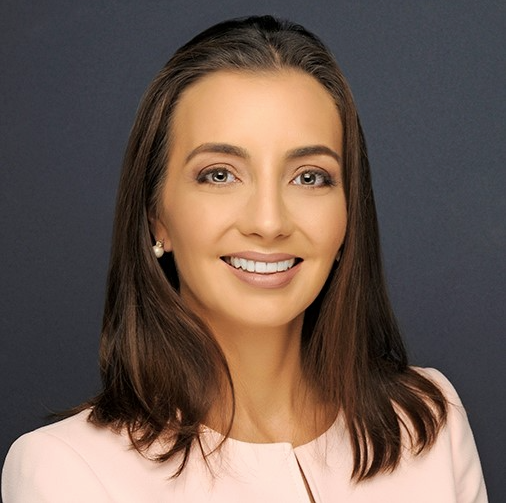Aumenta la importancia del turismo extranjero como generador de divisas en México
| Por Gabriela Huerta | 0 Comentarios

Continúan las buenas noticias en el sector externo y ello confirma que es el principal motor del crecimiento de la economía mexicana. En el primer semestre de 2019 el PIB de México creció 0,3% y en ello tuvo un papel relevante el turismo extranjero, en el mismo periodo generó 12,6% más de dólares.
A pesar de los problemas de inseguridad que existen en el país y a que se han cancelados diversos programas que estaban enfocados a promover el turismo en México, los resultados al primer semestre muestran que la generación de dólares por parte de los turistas continúa con elevada dinámica.
México actualmente se ubica como el sexto país a nivel mundial en número de visitantes y el quinceavo en términos de gasto promedio. El dinamismo de la industria turística es de tal magnitud que en 2018 entraron al país por este concepto 22.500 millones de dólares, el equivalente a todas las exportaciones agropecuarias y extractivas (distintas del petróleo) juntas de ese año y el doble de lo que los mexicanos gastaron en el exterior por motivos de turismo.
Durante el primer semestre de 2019 entraron al país por concepto de turismo 13.000 millones de dólares, lo que representa un incremento de 12,6% respecto al mismo periodo del año anterior y el crecimiento durante el primer y segundo trimestre fue muy similar a dicha cifra. Por su parte, el número de turistas que vino al país aumentó en 7,0% y los que nada más cruzaron la frontera se redujo en 12,2%. La reducción en la frontera se debió muy probablemente a los retrasos que se presentaron en los cruces fronterizos como resultado de las decisiones de Estados Unidos respecto a complicar los cruces fronterizos ante las oleadas de migrantes que deseaban entrar a dicho país. El gasto promedio de los turistas se incrementó en 8,7%
Los mexicanos que viajaron al exterior durante el primer semestre de 2019 significó una salida de 4.600 millones de dólares, casi un tercio de lo que entró, lo que representa una disminución de 13,1% respecto al primer semestre de 2018. El 44% de esos dólares se gastaron en la zona fronteriza sur de los Estados Unidos. La cantidad de mexicanos que fueron al exterior, así como su gasto promedio se redujeron durante el primer semestre. La disminución en el número de mexicanos que se internaron en otros países, así como su menor gasto se deben a la reducción de la actividad económica de México, que afecta el ingreso disponible de la gente y que por lo tanto lo está destinando a otros rubros diferentes al turismo. En el caso de los mexicanos que solamente cruzan la frontera, su reducción se debe a las trabas que Estados Unidos puso en práctica en los cruces fronterizos donde se alargaron los tiempos para poder cruzar. Este fenómeno ha afectado de manera importante al comercio de las ciudades fronterizas de Estados Unidos, donde muchos negocios han tenido que cerrar por la reducción de la clientela.
La actividad turística es muy importante para la economía mexicana porque genera muchas fuentes de empleo. Hasta el momento el dinamismo es muy bueno, esperemos que así se mantenga y que se reestablezcan mecanismos para promocionar a nivel mundial a nuestro país como un destino turístico.
Columna de Francisco Padilla Catalán










